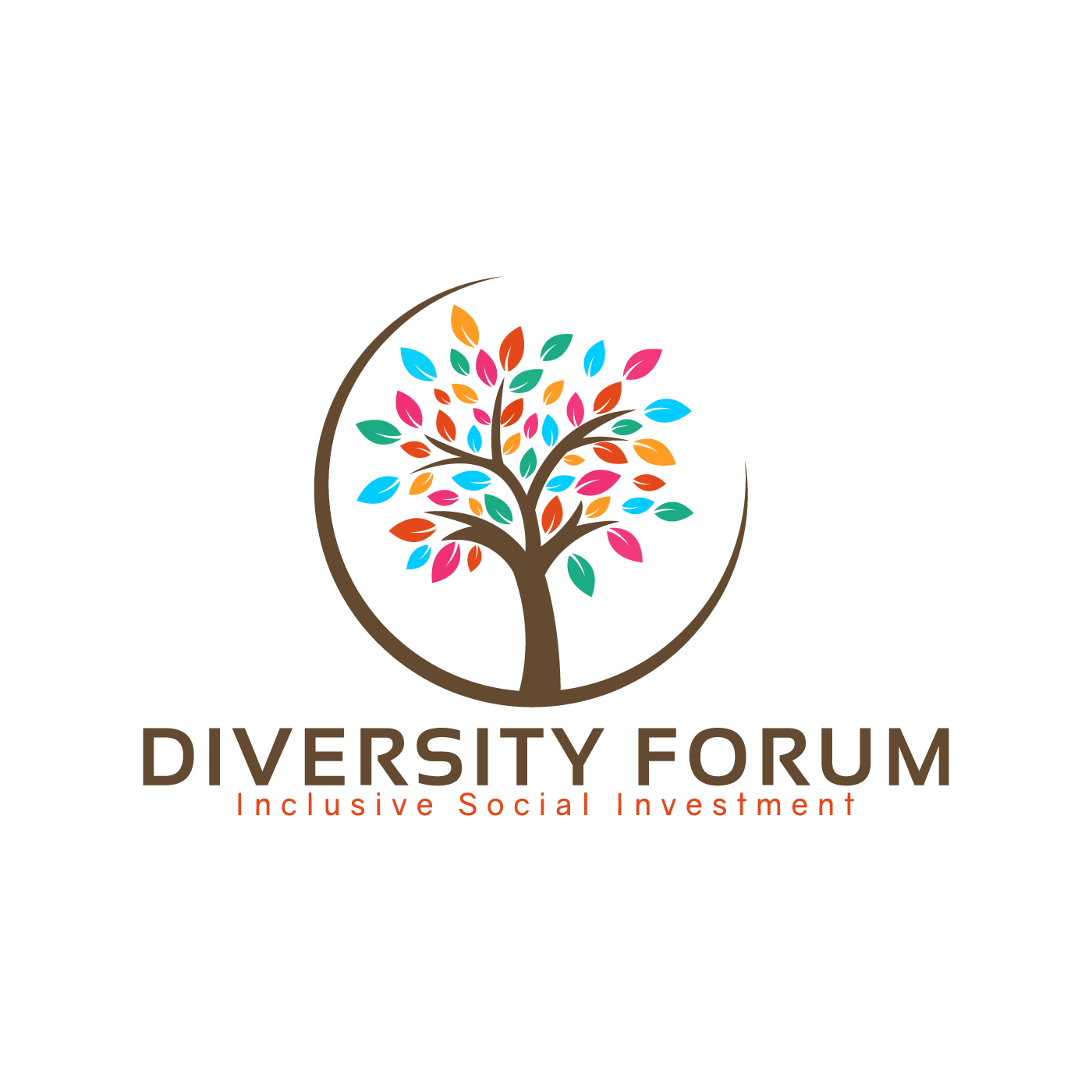Diversity Data Project - Report & Framework
Welcome to the 2024 Diversity Forum’s Diversity Data Project Report. This comprehensive report, developed through a collaborative effort led by The Diversity Forum and funded by The Connect Fund, aims to address the complexities of diversity data collection in the social sector. The report presents a thorough examination of current practices, challenges, and recommendations to enhance equity, diversity, and inclusion through informed data collection and usage.
Report Summary
The Diversity Data Project Report explores the multifaceted landscape of diversity data collection among social enterprises and social investors. Through listening exercises, co-creation sessions, and extensive research, the project identifies key challenges and proposes a 14-step framework to improve diversity data practices. This framework, intended for self-assessment and quality assurance, offers guidelines at sectoral, organizational, and individual levels to ensure data collection is user-centered, inclusive, and purposeful. The report emphasizes the importance of cross-sector collaboration and ongoing development to achieve meaningful progress in equity, diversity, and inclusion within the social sector.
Diversity Data Project: 14-Step Framework
The Diversity Data Project's 14-step framework is designed to enhance the quality and meaningful use of diversity data within the social sector. It addresses the collection, processing, and application of Equity, Diversity, and Inclusion (EDI) data across five core areas: Purpose, Content, Process, Practice, and Communication.
This framework includes guidelines and recommendations at three levels:
1. Sector Level: Focuses on establishing a standardized approach to data collection across the social investment sector. It emphasizes transparency, accountability, and collaboration with independent bodies to ensure high-quality data and consistent processes.
2. Organisational Level: Provides strategies for individual organisations to implement effective EDI data practices tailored to their specific context. It highlights the importance of regular data collection, clear communication, and leveraging data to drive meaningful change.
3. Individual Level: Ensures that data collection from individuals is voluntary, GDPR-compliant, and respectful of personal privacy. It promotes informed consent, flexibility in data submission methods, and ongoing feedback to maintain data integrity and relevance.
By following this comprehensive framework, the social sector can significantly improve its approach to diversity data, fostering a more inclusive and equitable environment for all stakeholders.
Please get in touch with the Diversity Forum team via email: info@diversityforum.org.uk if you have any questions or would like to arrange a time to discuss implementation of the framework.
We extend our heartfelt gratitude to the dedicated team of contributors and supporters who made this report possible, including the authors and researchers Salma Perveen (The Diversity Forum), Alannah Keogh (Social Investment Business), Annelise Sauter (Better Society Capital), Duncan Fogg (Shift Design), George Boateng, Jacy Stewart (For Business Sake), Lydia Levy, Yusra Ali (Access – The Foundation for Social Investment), Swati Pujari (The Pathway Fund), Sally Tilling (The Diversity Forum). We also thank Ruby Frankland (Connect Fund Manager), the Diversity Forum Steering Group, and all others who supported the Diversity Data Project.
